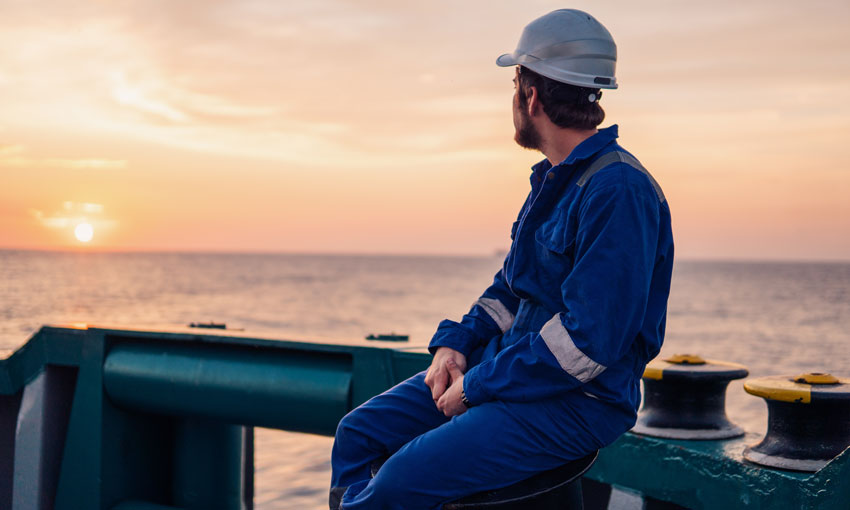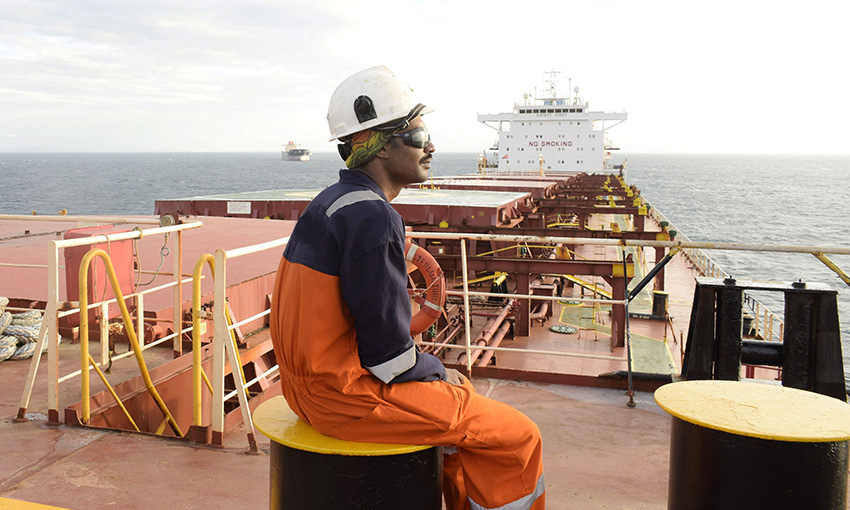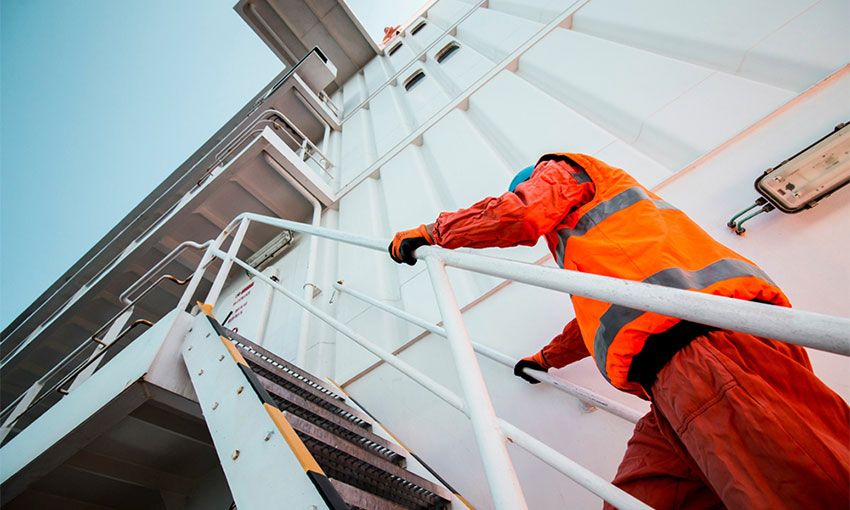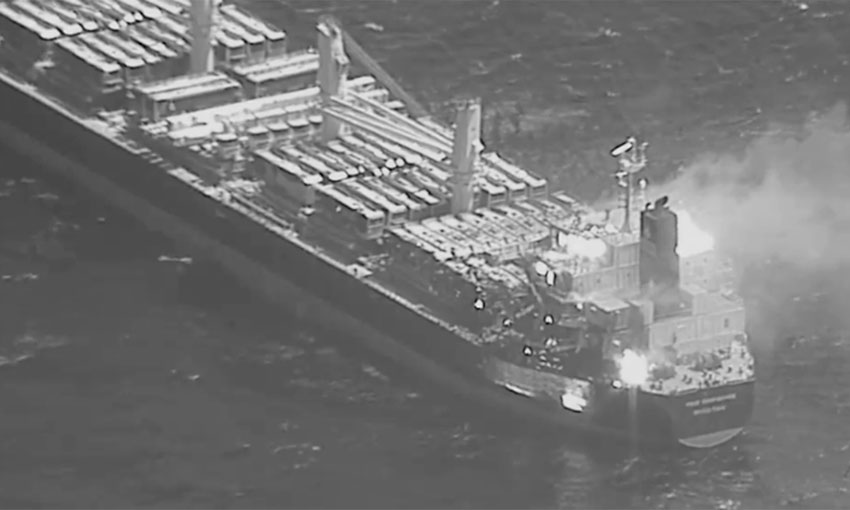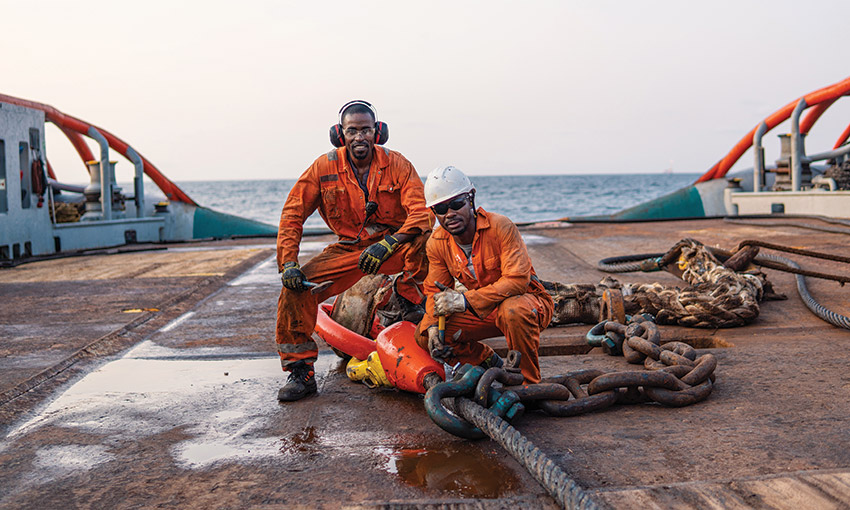THE AUSTRALIAN Maritime Safety Authority has launched a focused inspection campaign on hours of work and rest. The campaign coincides with a stated focus on marine incident reporting.
Running from 1 May to 30 June this year, the campaign applies to foreign flagged ships and regulated Australian vessels arriving at Australian ports.
“The purpose of the FIC is to determine the level of compliance with the maximum hours of work or minimum hours of rest for seafarers in accordance with the requirements of International Conventions,” AMSA said in a marine notice.
It also intends to determine the familiarity of the master and officers with implementing the provisions when working onboard ships.
AMSA said its inspectors will carry out the focused inspection campaign in conjunction with a normal port or flag state control inspection, and any port state control deficiencies will be reported to the regional port state control databases.
Inspectors will complete a checklist when conducting focused inspections to enable AMSA to collate and report on the outcomes.
Items on the checklist cover the length of time seafarers have spent onboard – specifically whether their time onboard has exceeded 11 months – and whether adequate rest has been given to seafarers whose rest has been disturbed by work call-outs.
The checklist also enables inspectors to determine whether records or daily hours of work and rest show compliance with the actual hours, including the requirements of rest breaks.
Among a range of other items, it also covers the timing of musters and drills, questioning whether they have been conducted in a manner that minimises the disturbance of rest periods.
AMSA will analyse the results at the conclusion of the campaign and will publish a de-identified report on its website.
The launch of AMSA’s inspection campaign coincides with announcement that it will focus its attention on the importance of marine incident reporting over the coming months.
“Incident reporting is essential to maritime safety as it helps give us a more informed picture of the risks affecting the industry,” AMSA said in a statement.
It describes marine incident reporting as a collective effort by crew, vessel operators and vessel owners to make the industry and vessels safer places to work.
“By reporting, you can help us develop more effective safety strategies and advice for owners, operators, and crew to avoid similar occurrences in the future.”

